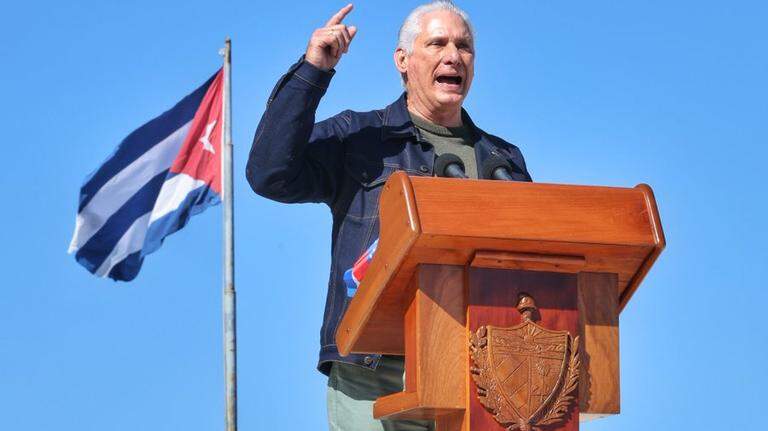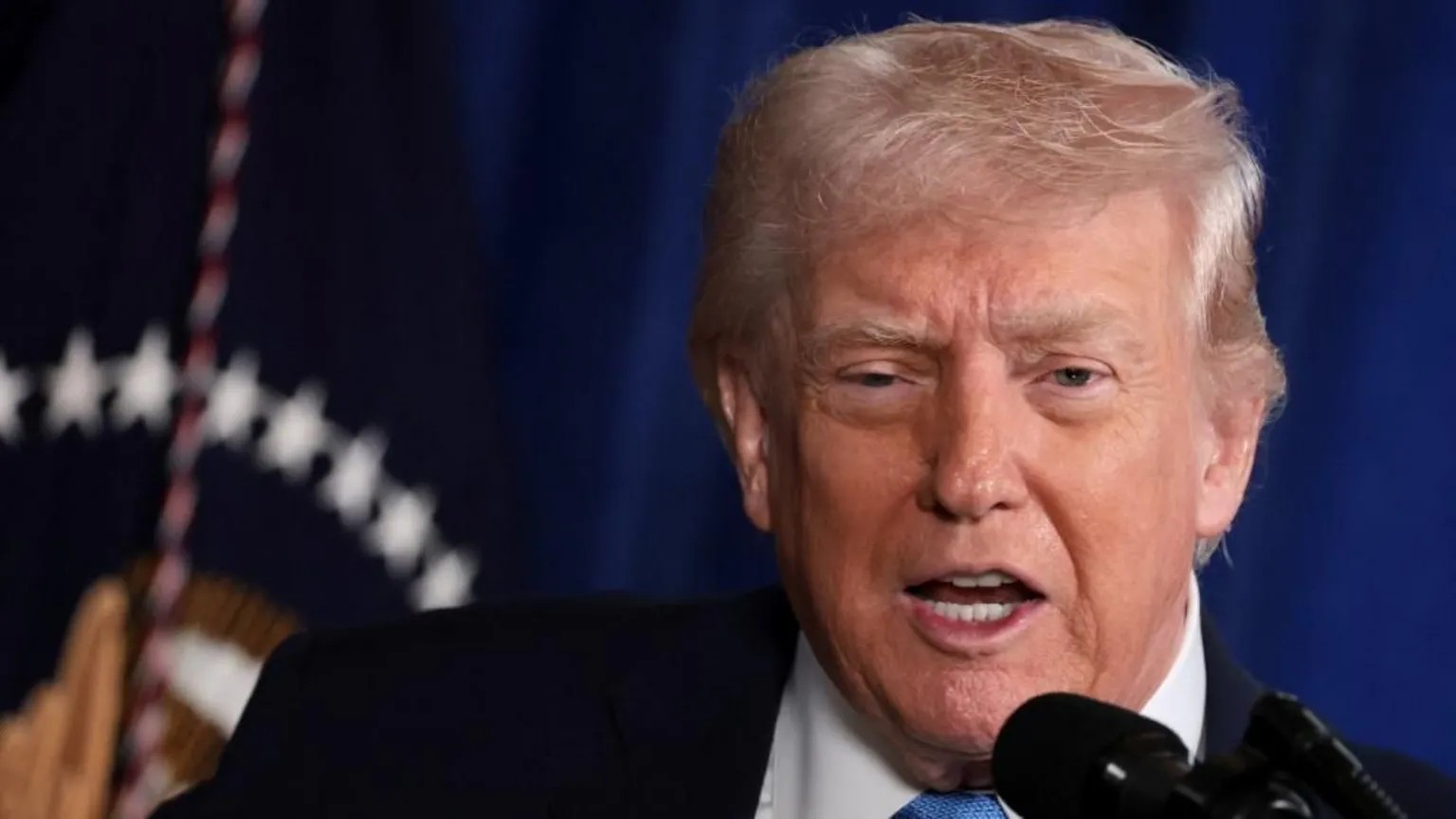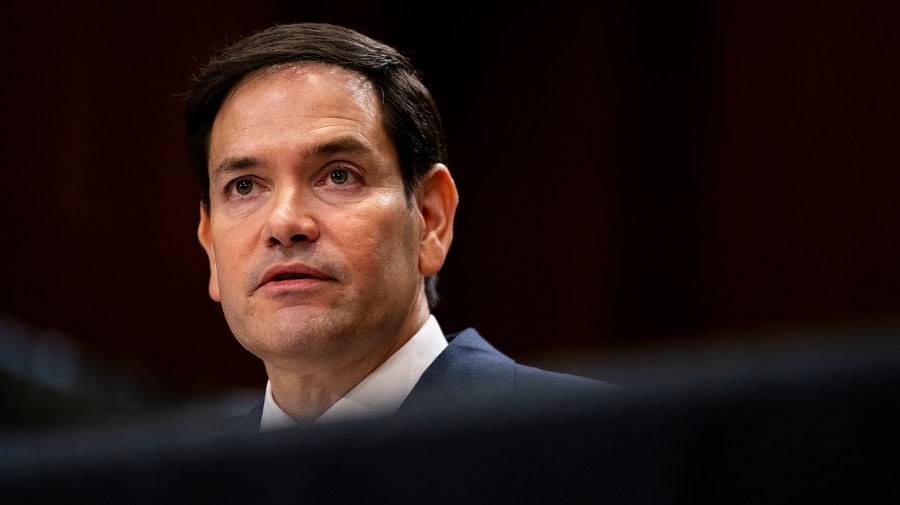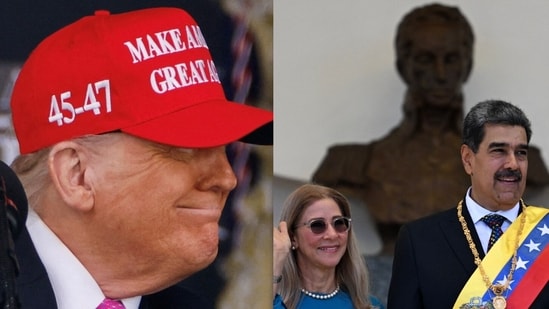US Warns Citizens as Zambia Implements Controversial Cyber-Security Law
- by Mumbai, Zambia, RNG247
- about 8 months ago
- 426 views

In a significant development concerning civil liberties and electronic privacy, the US embassy in Zambia has issued a stark warning to American citizens regarding a newly enacted cyber-security law that some have described as "intrusive." The law, which was signed into effect by President Hakainde Hichilema on April 8, 2025, mandates the extensive interception and surveillance of all electronic communications within the southern African nation.
The embassy's alert cautioned Americans currently in Zambia or those planning to visit to exercise caution amidst this legislative shift. The new law authorizes authorities to monitor calls, emails, texts, and streamed content to assess whether they involve any transmission of what the legislation categorizes as "critical information." Critics argue that the definition of "critical information" is alarmingly broad, encompassing virtually any online activity, which raises concerns over potential abuses of power.
According to the Zambian government, the motivation behind the Cyber Security Act is to combat online fraud, child pornography, and disinformation. In response to the US embassy's alert, Zambia's foreign ministry declared that the new law was not designed to infringe on individual privacy rights for Zambians or foreigners alike. The ministry emphasized that the law does not permit random surveillance; any interception of data must adhere to a court-issued warrant.
"This classification of 'critical information' pertains strictly to issues of national security," the ministry's statement noted, adding that any further assessments or actions would take place within established legal frameworks.
Despite these assurances, many Zambians are voicing fears that the legislation could be weaponized against dissenters, particularly as the nation approaches elections scheduled for next year. Reports of a newly established cyber-security unit operating out of the president's office have also raised alarms.
Joan Chirwa, a prominent figure in Zambia’s Free Press Initiative, expressed deep concern over the implications of the law. "It's a sad day for Zambia," she said, stressing that the law's impact would extend beyond journalists and activist groups to affect every citizen.
The Cyber Security Act empowers law enforcement with the authority to enter premises, search, and seize computer systems if they are believed to harbor evidence of an offense. It also allows for the extradition of Zambians found guilty of breaching the law, with penalties ranging from hefty fines to imprisonment for up to 15 years.
Among the controversial provisions is an obligation imposed on Information and Communication Technology (ICT) companies to actively monitor electronic communications. The law's signing largely took place under a shroud of secrecy, with the public learning of its implementation through the US embassy's alert on social media.
The embassy's warning has unsettled many, as it signals a shift in the previously positive diplomatic relations between the US and Zambia under Hichilema’s leadership. This relationship had improved notably since Hichilema came to power in 2021, moving past the tensions that characterized the prior regime, which had expelled the US ambassador for supporting pro-LGBTQ+ rights.
Social commentator Laura Miti has voiced criticism towards the US embassy, accusing it of hypocrisy while simultaneously condemning the new Zambian law. "Until Edward Snowden revealed the matter, the US secretly surveilled its citizens for years," she noted, suggesting a double standard in how the US perceives privacy related issues abroad versus at home. Miti went on to label the new legislation as "tyrannical," emphasizing that it reflects a governmental fragility and a lack of confidence.
In a stark testament to the shifting political landscape, Hichilema, during his time in opposition, had publicly opposed similar cyber-security measures proposed by the former government, advocating that such proposals were merely tools for suppressing freedom of expression. Now, as president, he faces allegations of hypocrisy from critics, including opposition lawmaker Miles Sampa, who decried the legislation as a dramatic reversal of his previous stance.
"My question is, when did you change this stance to now sign a law that almost 100% prohibits citizens from expressing themselves on social media without facing severe penalties?" Sampa questioned on his Facebook page, denouncing the potential erosion of democratic norms. He highlighted the chilling effect the Cyber Security Act could have on free speech, suggesting that it might pave the way for an oppressive political environment.
As this story unfolds, the ramifications of Zambia’s new Cyber Security Act and the US embassy's warning will be closely monitored both domestically and internationally, as citizens and governments alike grapple with the balance between security and civil liberties.
















0 Comment(s)